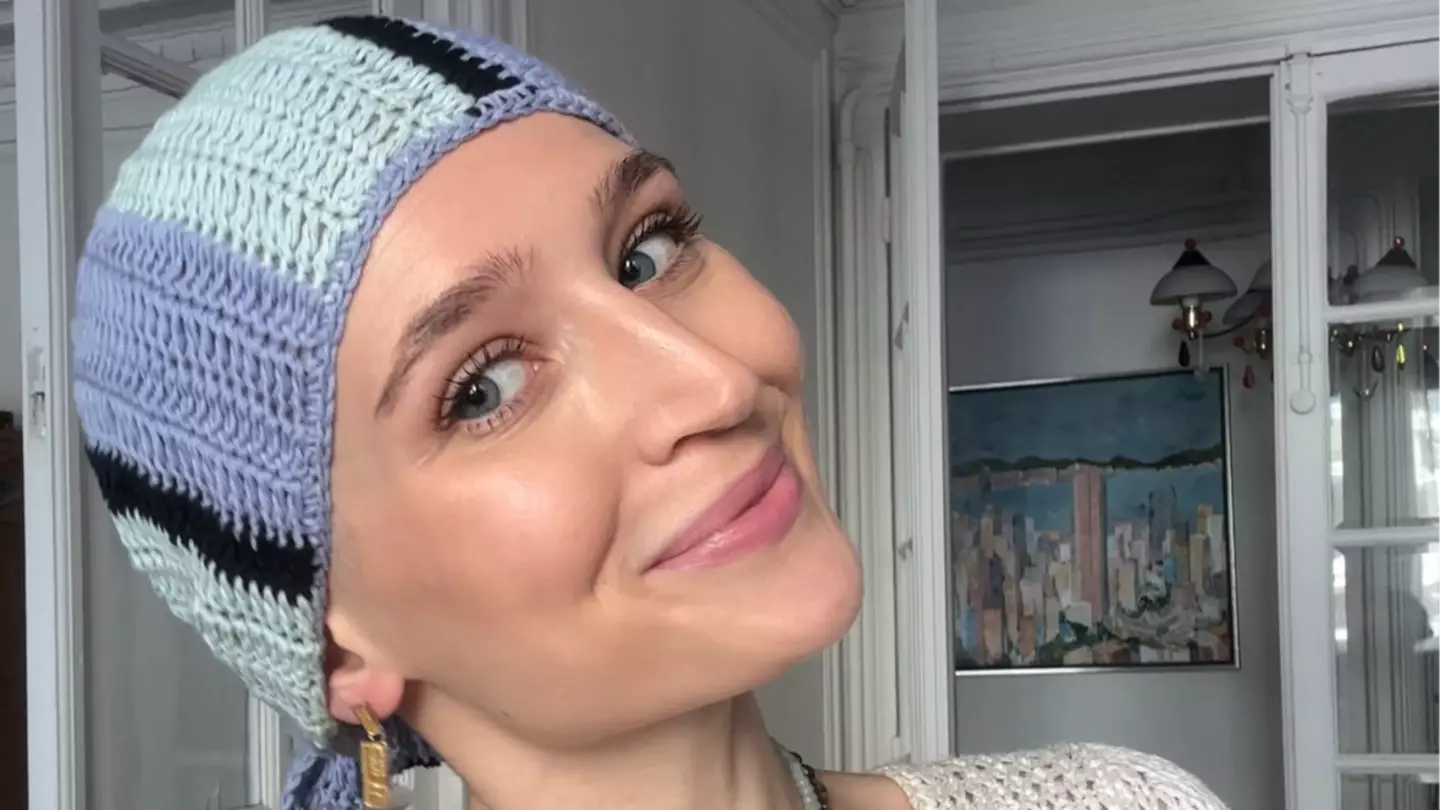
A woman is urging people to listen to their bodies after she was given a devastating health diagnosis by AI chatbot ChatGPT, but ended up brushing it off.
Way more than just the 'new Google', many people use ChatGPT for a whole host of reasons - from students using it to write their essays for them, employees making it write out job applications or even the 'AI Barbie' hype.
But some people also use it to help 'diagnose' certain symptoms they may have which was exactly the case for one woman who ChatGPT diagnosed with cancer.
However, the woman in question 'ignored' such results until finding out the official truth a whole year later.
Advert

Marly Garnreiter initially thought her night sweats and itchy skin were caused by anxiety and grief at losing her dad Victor, 58, to colon cancer.
Alongside these two symptoms, the 27-year-old was also losing weight - something which prompted her to put her symptoms into ChatGPT.
The AI chatbot said she likely had blood cancer, but Marly ended up ignoring the warning.
The strategist, who hails from Paris, France, explained: "I started to lose a lot of weight when he'd just passed away.
"I kept eating normal amounts of food but I thought it must be the anxiety making me lost a lot of weight.
"I'd accepted you lose weight with grief."
She continued: "I was having night sweats and itchy skin.
"Again I thought it was anxiety."
Speaking of the ChatGPT diagnosis, Marly said: "I ignored it. We were all sceptical and told to only consult real doctors."

However, after feeling tired all the time and getting a pressure in her chest, Marly decided to go see her GP in January of this year who ran a scan and saw a mass on her left lung.
"Around Christmas time I started to feel something was wrong," she shared. "I had a constant pain in my chest. I was tired all the time."
After her GP discovered the 'big mass', she was referred to a pulmonologist who did a biopsy which diagnosed Marly with Hodgkin's lymphoma - a type of blood cancer - the following month in February.
"I felt a lot of anger," Marley recalled. "I felt like everything was unfair.
"I didn't want my family to go through this one more time."
She has since started chemotherapy last month (1 March) and will undergo four to six cycles.
"I'm feeling confident for the future," Marly said, adding: "It's really important to listen to our bodies.
"Sometimes we tend to lose our connection with our inner self. It's important to be in tune."
If you’ve been affected by any of these issues and want to speak to someone in confidence, contact Macmillan’s Cancer Support Line on 0808 808 00 00, 8am–8pm seven days a week.
Topics: ChatGPT, Health, Cancer, True Life, Real Life, Technology, Artificial intelligence